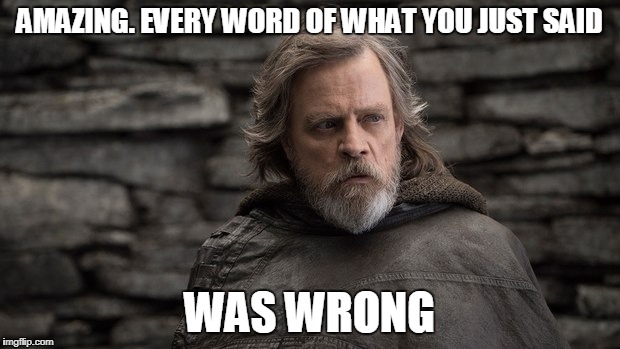while Fascism died in 1945 with the collapse of the Axis powers

I would (not) like to introduce you to Francisco Franco and Spain until the 1970s.
while Fascism died in 1945 with the collapse of the Axis powers

I would (not) like to introduce you to Francisco Franco and Spain until the 1970s.
that first began in the United States
Oh. Hell. No.
Aside from the British example above, the authors seem to have forgotten that "movements to abolish slavery" included movements not run by White abolitionists, such as rebellions by enslaved people. One modest example roughly contemporaneous with the creation of the Bill of Rights: the Haitian Revolution. Or if you're hung up on White people abolitionists, Bartolome de las Casas (late in life). Who the hell even thinks the US invented abolitionism? WTF?
But the people do not directly exercise their sovereignty, for instance, by voting directly in popular assemblies.
False. In New England states, they actually do. And there's this little thing called the referendum...
(Y'know, it's not like they're wrong about representative institutions. It's that they insist on putting in stupid false shit when they didn't even need to.)
The first was the sundering of civil from religious law with the advent and widespread adoption of Christianity.
WHAT THE EVERLOVING FUUUUUCK??
HAHAHAHAHHAHAHAHAHAHA Hang on I gotta roll on the floor for a minute HAHAHAHAHAHAHAHAHAHA
Ahem.
MAY I INTRODUCE TO YOU CHRISTIAN MONASTICISM? THE HOLY ROMAN EMPIRE? EMPEROR CONSTANTINE? THE POPE? ALL THE POPES? INCLUDING THE TIME THERE WERE TWO POPES?
The sundering of--
Children. Sit down and let the adults do history.
Needless to say:

to write the document which we have today.
Incorrect. They came up with what we have today minus twenty-seven important bits of it that comprise most of what the United States has spent the last 240 or whatever years fighting over. The Bill of Rights--the "but mah freedoms" part of the Constitution--didn't come along for four more years.
The second momentous change was the emergence of multiple denominations within Christianity that undid Christian unity and in turn greatly undermined political unity.
OK wait. So...civil law was sundered from religious law because of Christianity in the last sentence, but in this sentence, schisms in Christianity (which, remember, had sundered political and religious law) undermined political unity?
(I mean, there were a lot of wars because of the various reformations and counter-reformations, but
Look, it's like somebody thinks the multi-national, polyglot monastery in The Name of the Rose was representative of pre-Reformation Europe and forgot that The Name of the Rose is a murder mystery.
(They didn't think that. These people wouldn't make it ten pages in anything by Eco. Bear with my nerd analogies.)